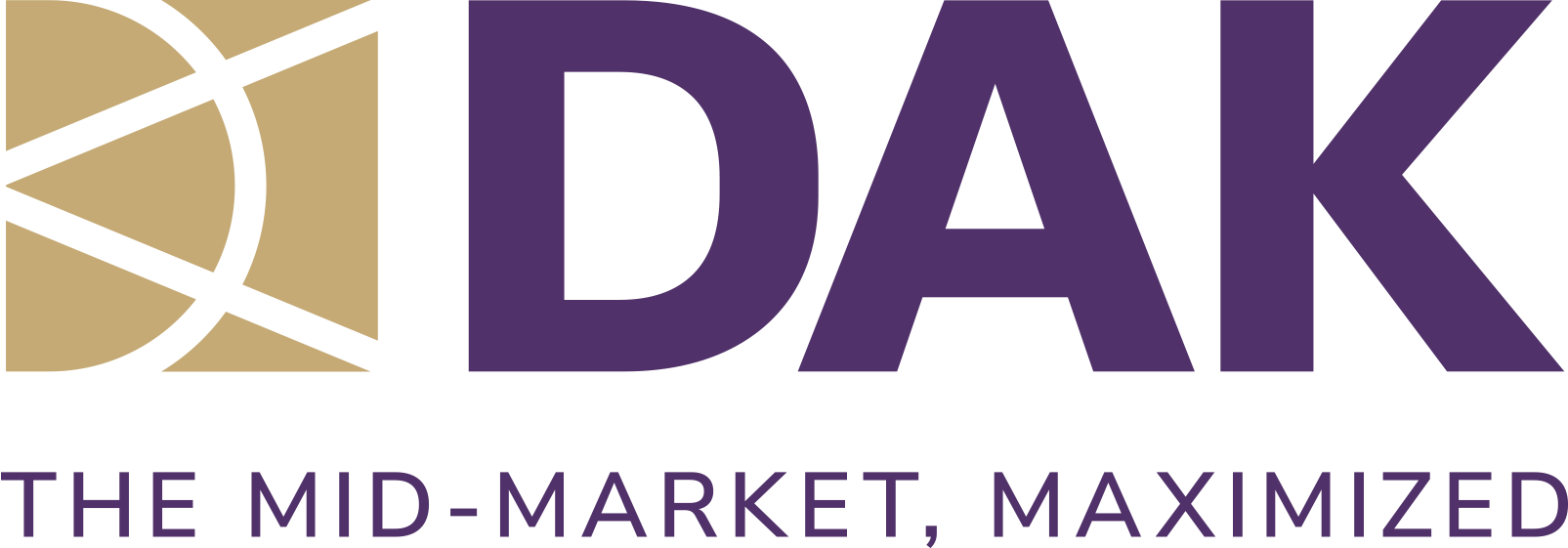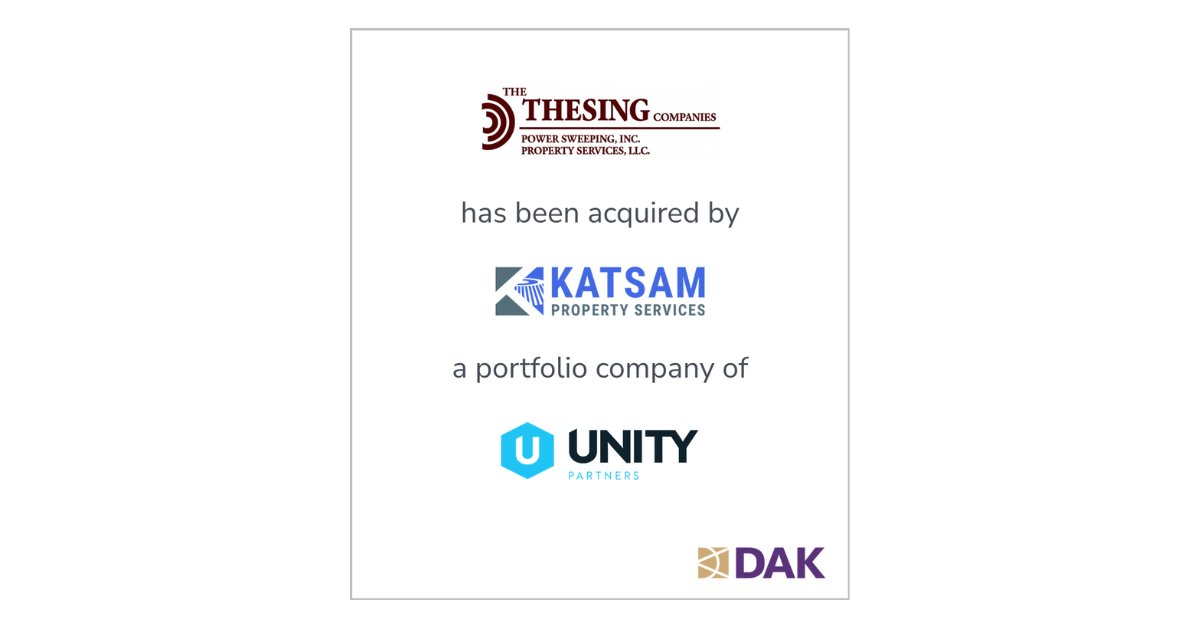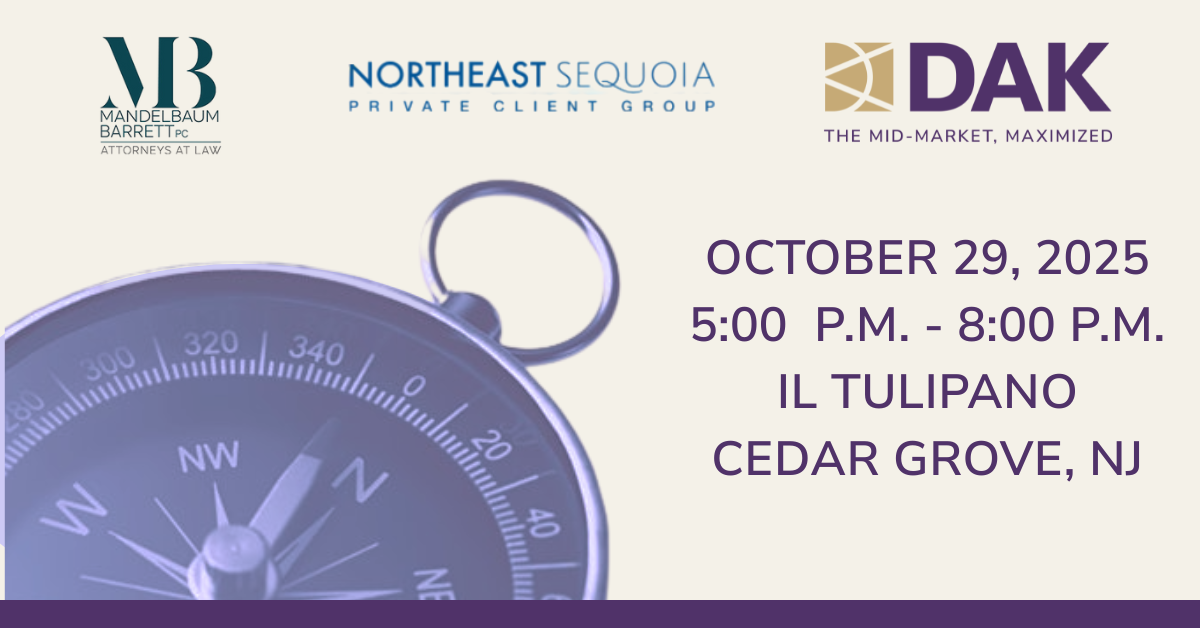The demand for acquiring packaging companies has been robust over the last two years, with expectations it will continue throughout 2022. Both strategic and financial buyers are consolidating competitors in order to increase market share and expand product lines. While some business owners are looking aggressively into the future, others are feeling “exhausted” and are ready to cash out. Either way, there are tremendous opportunities for flexible packaging companies to either sell or grow through acquisition.
The flexible packaging world has become more complex and is facing significant change that will create both challenges and opportunities. Supply chain disruption, rising material costs, technology changes and sustainability are all considerations of concern.
Faced with these dichotomies and a red-hot M&A market, many business owners and stakeholders are wondering what strategic direction is best for them. This is the time to ask yourself if you have the strength to weather another year of the stresses of ownership. If not, is the next generation of your family ready and willing to step in and lead the business to a higher plateau?
If you decide to expand, you can choose to continue to grow organically or through acquisitions, finding partners and/or additional funding. On the flip side, if you do not want to make the investments necessary to be competitive — or you choose to take advantage of the high valuations in the current market — this may be an ideal time to sell.
Whichever way you decide to go, the process should begin with a thorough and honest evaluation of your business and personal situation, a discussion with your management team and a brainstorming session with an investment banker who is experienced in guiding businesses through strategic alternatives. The banker should understand your role in the flexible packaging industry as well as the needs of businesses of your size, to enable you evaluate options, navigate the process, and ensure the most value from a transaction.
Options for Growing Your Business
If you decide to invest and expand your company, there are a few options to take:- Find a Partner – Seek a strategic partnership to propel growth with expanded resources and or capabilities.
- Secure Growth Capital – There are several sources of growth capital available. Three of the most popular methods are:
- bank debt via a commercial loan; currently the market is offering favorable rates and terms
- mezzanine financing through an unsecured loan that typically commands higher interest rates than a bank loan but has no principal amortization, providing better liquidity
- equity investment, in which an individual or firm exchanges cash for ownership in your company with the anticipation of sharing in the income and growth
- Acquisition – If you want to consider an acquisition, you should only choose to acquire another company that will be accretive to the value of your business. Begin by developing a checklist of criteria that the acquisition should provide.
- Organic Growth – Create new ways to increase revenue by using your existing resources more effectively.
Options for “Taking Money Off the Table” or Exiting
There are several options that exist to “take money off the table.” You can do a recapitalization or “recap” that will reorganize the balance sheet and allow you as the owner to take money out of the business while maintaining control. You can also sell all or part of the business. Various types of buyers who have different advantages and attributes:- Strategic Buyer – A strategic buyer often pays the highest price and has significant synergistic reasons for wanting to acquire your business. Your company’s capabilities could increase the strategic buyer’s scope by substantially increasing their own value and paying you a lucrative multiple. In addition, foreign strategic buyers are paying above-market prices for companies to get into the U.S. market, which is one of the reasons for the M&A boom.
- Private Equity – A private equity firm may purchase a portion of your company (majority or minority), allowing you to stay involved and share in the growth. This is an appropriate hedging strategy for those who are not quite ready to exit and want to hedge their bets.
Determine the Real Value of Your Business
In any of the above scenarios, an investment banker who is knowledgeable about the flexible packaging industry should be able to help you understand the real value of your company. When pursuing the best valuation, be keenly aware that the specifics of your business highly impact its value. Do not assume that an industry average multiple is the right valuation metric for your business. You must be able to see your business through the lens of potential investors and understand the value that they find in your company. If the purchaser is strategic, then you need to know how your particular business will impact the value of their business to obtain the highest valuation. Selling your own company — or buying someone else’s — is not a task you want to take on without the assistance of experts who understand the steps and can navigate the process while bringing value to whichever side of the table you end up on. This team should include investment bankers, attorneys and accountants who can help guide you through the process — and bring optimal value to the most important decisions regarding your company’s future. All in all, acquisitions and divestitures represent great opportunities in 2022. With sound advice, good planning, and a strategic approach, you can determine which options are a match for you and your business.CLICK FOR MORE INFORMATION
AUTHOR Alan Scharfstein
CALL 201.712.9555 TO DISCUSS





